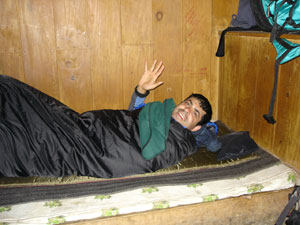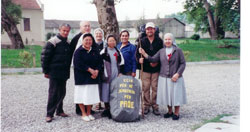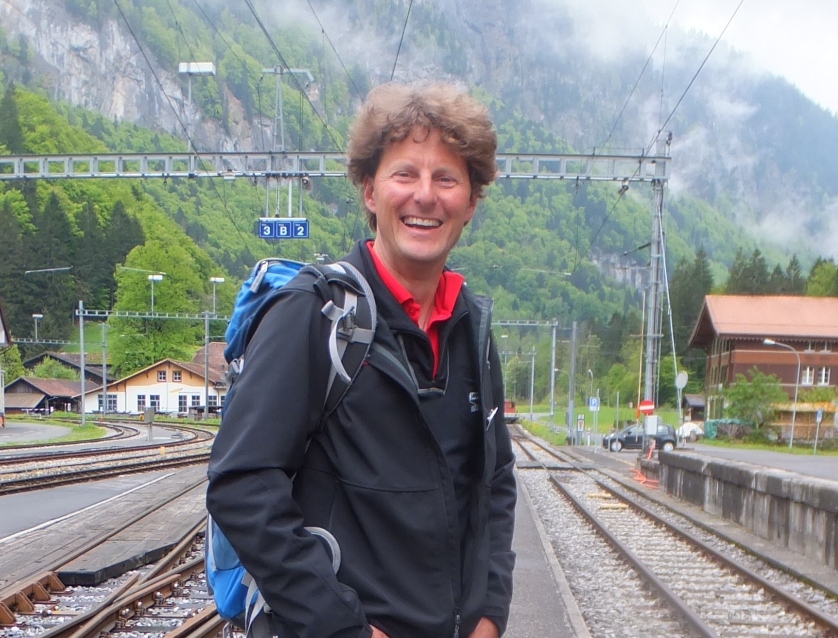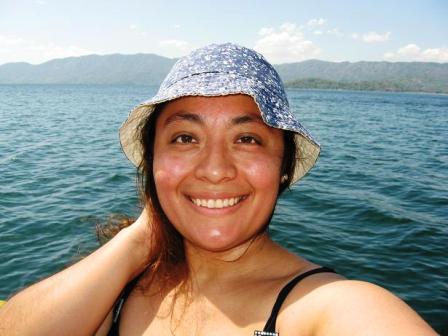30 of us went down and we got to speak with community leaders, went to leadership meetings, spoke with interesting people who helped South Africa come out of apartheid. We visited a lot of areas and it was an eye-opening venture. The experience was very moving, particularly since the free elections were in 1993.
The group leader that took us to South Africa was already thinking of studying the holocaust in Poland and Germany. I had already been to Israel earlier and since the tour was organized on a very high level, I wanted to come along. I was pulled into this by people that I respect and admire. That’s how everything got started.
As the saying goes, ‘if you hang around with eagles then you will soar, but if you hang around with turkeys…..’
7. A few years ago you went on a very interesting trip that took you to the sites of the Holocaust. Tell us more about that trip.
I recently heard a commentator speak about the Holocaust and people who visit the sites. He said there is absolutely nothing to be learned from the Holocaust and we should not study it because it’s so horrific there is nothing to be learned. Although I appreciate his sentiment, I feel, with due respect of course, that I do not agree with his commentary.
What you see at the sites is so horrific and moving that words cannot explain it. Everyone needs to see what occurred. And not just here – other places too – like Rwanda etc. However, there’s been a physical preservation of it in places like Poland and Germany. There are many concentration camps and death camps preserved. It’s an experience that shakes you to the core. This goes back to one of the broader reasons for travel. Go and try to experience something because reading, video or other media can’t move you in the same way.
It was a very sad trip, but at the same time I tried to make it more academic, make it more scholarly, to try to understand what happened. I had the luxury to do this. I didn’t have to experience it directly. But I ended up with more questions than answers.
8. You are scheduled to be a focus commentator in a documentary, entitled ‘The Gate’, currently in post-production, that attempts to analyze the tragedies of the holocaust from a pluralistic perspective. Please tell us more about that project.
It’s very interesting how it came about. We have a good Jewish friend who comes to our house, we also have her over for Shabbat dinner regularly on Fridays. We told her about going on the Holocaust trip. Her first reaction was “I am never going to Poland or Germany”. This was 6 months before our trip. So we talked more about why she didn’t want to go. Her family had suffered in Poland and she didn’t want to go and revisit any of that.
As we talked more about it, once we took the emotion out of it, she decided she wanted to go. I suppose it was a very big moment for her to make the trip. My wife and I were going, and we are not Jewish, so our ancestors were not personally affected by the Holocaust. My friend also works for an entertainment company, so she decided to take a camera crew along.

Samiti Lake in Nepal
There were 15 or so of us on the trip. The camera crew filmed our reaction to certain things, and recorded the debriefings we had every night. From that, our friend picked 4 people who represented different facets of the trip to create her documentary. My facet was dubbed the “rational perspective”. In her opinion, I tend to give a logical explanation to what’s happening. I tried to explain, as best I could, my thoughts as we moved from camp to camp.
The documentary is being edited right now and there have been some delays due to some personal tragedies in my friend’s life, but hopefully the documentary will be ready in the near future.
9. You are planning to do a trekking expedition to the Himalayas next month. Tell us more about that trip. How long are you going for, what are you going to see? How are you training for this event?
I am going on March 11. This is something I have wanted to do it for at least 15 years. I have had it in the back of my mind for many years. My wife thought I was nutty – well, more than she would normally think, I suppose. If you can divide your experiences into mental, emotional, physical experiences, this one would be to see the physical beauty of the Himalayas, and it also includes a physical training component. I have started to get back into shape now for 6 months to a year now, I have been running, lifting weights – and feel that I am in very good shape now. As far as altitude is concerned, my family doctor is a travel doctor, and he said there is not much you can really do to train for the altitude. But he gave me some medication for altitude sickness.
We are going to Sikkhim, that’s east of Nepal. Due to the political situation in Nepal, the organizers of the trip, which will include 6 people, astutely prepared for a contingency plan. So we are going to a more politically stable country. We are going to go up to 22,000 feet and we’ll do 20 to 30 km a day, or 7 to 8 hours of trekking daily. Sherpas are going to come along with us and we’ll be sleeping in tents on the ground. This is a very environmentally conscious area which I am happy about. In total the trip will be 17 days and the trekking component will be 11 days.
After it’s over, there will be a couple of volunteer components. We are still going over the proposals right now. We also plan to visit a leper colony, and although we are not going to be providing medical treatment, we are planning on helping out with structural things.
10. You are also on the board of Directors of Health Outreach- a registered Canadian charity (www.healthoutreach.ca ) that focuses on providing free health care to children in developing countries using innovative delivery models. Please tell us more about that organization?
This is a great organization. I wish I could take credit for all of it. One of my good friends, Dr. Tim Lee, is the brainchild and driving force behind it. Personally I have helped out more from a legal perspective and I have not yet had the opportunity to perform health care. It’s a registered charity that focuses on providing healthcare, particularly dentistry, to young children in third world countries. Our current focus is Guatemala. The website is http://www.healthoutreach.ca/ where you can see pictures from our recent initiatives. Please visit this site.

Stonebreakers in Nepal
One year we arranged for two or three dental chairs in a clinic on a floating boat and put notices out to families to bring in their kids. The kids were dressed in their Sunday best to line up to see the doctor. Now these were people who didn’t even own a toothbrush. The floating clinic went from village to village. We had completely self-contained units with generators.
As there is more interest developing in this, there are so many volunteers that want to come and join us. We fundraise, we approach doctors and dentists and we go to pharmaceutical companies. So far it’s been a resounding success. The best thing is that because it’s still a relatively small charity, all of the funds are managed properly. There are very few administrative costs so virtually all the funds are going to the youth. It’s a great experience and I hope to be involved clinically as well.
11. How would you summarize your philosophy on travel and life in general?
Well, we’ve already talked about a few of my viewpoints on life, travel and work. I am a little uncomfortable about doing interviews, I really prefer quiet success. After a certain number of years you get to know who that person is and appreciate what makes them successful. In general I prefer a lower key approach to things and I really respect the quality of quiet achievements and humble achievers, I find it a commendable characteristic. People don’t need to know about every great thing or all acts of kindness that you have done.
My philosophy in life and travel converge. As the saying goes, ‘We shouldn’t measure the quality of life by the number of breaths we take; but instead, by the number of times our breath gets taken away’.
Thank you, Dr. Arya, for spending your time with us. It’s been very enlightening and we hope to hear more from you once you go on your trek to the Himalayas. All the best to you for your personal and professional endeavours.




